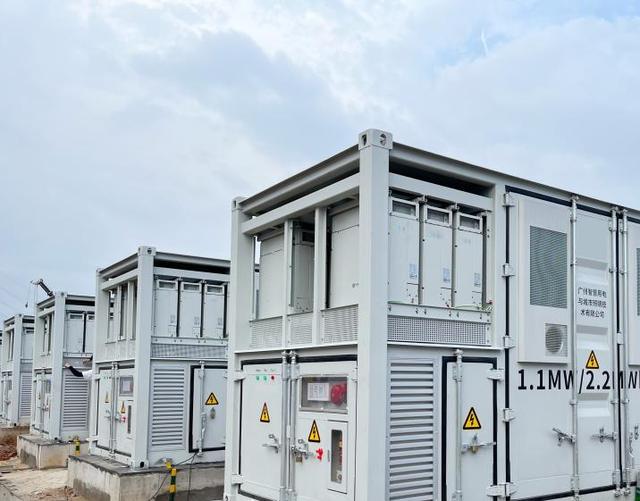
Dis . 11, 2024 23:51 Back to list
ce certification portable mobile energy storage battery
CE Certification for Portable Mobile Energy Storage Batteries
In recent years, the demand for portable mobile energy storage solutions has surged as a result of technological advancements and the growing need for sustainable energy options. Among the various types of portable power supplies available, mobile energy storage batteries have gained particular attention for their versatility and practicality. However, as these products enter the European market, compliance with regulatory standards such as CE certification becomes increasingly important.
Understanding CE Certification
CE certification is a crucial quality assurance mark in the European Economic Area (EEA), indicating that a product meets specific safety, health, and environmental protection requirements mandated by European directives. The CE stands for Conformité Européenne, which translates to European Conformity in English. This certification is not just a legal requirement; it also enhances consumer confidence, as it signifies that a product has undergone rigorous testing and adheres to EU standards.
For manufacturers of portable mobile energy storage batteries, obtaining CE certification is a multi-step process. It requires thorough documentation, testing, and compliance with applicable directives such as the Low Voltage Directive (LVD), the Electromagnetic Compatibility Directive (EMC), and the Battery Directive (2006/66/EC). This process ensures that the batteries are safe for use, minimize electromagnetic interference, and comply with recycling and environmentally friendly disposal regulations.
The Importance of CE Certification for Mobile Batteries
1. Safety Assurance The primary objective of CE certification is to ensure that products are safe for consumers. Portable mobile energy storage batteries often contain lithium-ion chemistry, which can be prone to overheating and, in extreme cases, may cause fires or explosions. Through CE certification, manufacturers demonstrate that their products have been rigorously tested for safety, including thermal testing and short-circuit testing.
2. Market Access CE marking is mandatory for all products sold within the EEA. Without this certification, manufacturers cannot legally market or sell their portable energy storage batteries in European countries. This compliance opens doors to extensive markets and customer bases across Europe.
3. Enhanced Brand Image CE certification acts as a quality stamp that can significantly enhance a company's brand image. It signifies a commitment to quality, safety, and environmental responsibility, making it easier for consumers to trust the brand and its products. In an increasingly competitive market, having CE certification can be a key differentiator.
4. Environmental Compliance With a growing focus on sustainability and environmental protection, CE certification for portable mobile energy storage batteries includes compliance with various environmental regulations. This is not only beneficial for the planet but also aligns with the growing consumer preference for environmentally responsible products.
ce certification portable mobile energy storage battery

5. Liability Protection Obtaining CE certification could potentially protect manufacturers from legal liabilities arising from product failures or accidents. By demonstrating compliance with established standards, companies can reduce their risk exposure in cases of product-related claims.
The Process of Achieving CE Certification
Achieving CE certification involves several essential steps
1. Identifying Applicable Directives Manufacturers must identify the directives that apply to their products and understand the requirements of each.
2. Conducting Risk Assessment A thorough risk assessment should be conducted to identify hazards associated with the product and measures to mitigate these risks.
3. Testing and Compliance The product must undergo various tests to ensure compliance with the identified directives. This may involve third-party testing or self-assessment, depending on the product and its risks.
4. Documentation Manufacturers must compile all necessary documentation, including a Declaration of Conformity, technical files, and test reports.
5. CE Marking Once all requirements are met, the product can be labeled with the CE mark, allowing it to be marketed in the EEA.
Conclusion
As the market for portable mobile energy storage batteries continues to expand, the importance of CE certification will only grow. Compliance with these regulations not only facilitates market entry into the European Union but also enhances safety, quality, and consumer trust. Manufacturers must prioritize achieving CE certification to ensure that their products are well-positioned to meet the demands of an evolving energy landscape while adhering to the highest standards of safety and environmental responsibility. By doing so, they contribute to a more sustainable and efficient energy future.
-
Advanced Energy Management System for Smart Efficiency
NewsJul.26,2025
-
Advanced Energy Management System EMS for OEM | Optimize Efficiency
NewsJul.25,2025
-
High-Efficiency Energy Storage System for OEM Solutions
NewsJul.24,2025
-
Intelligent Energy Management for Efficient Power Use at Home
NewsJul.23,2025
-
Advanced Energy Management System EMS OEM Solutions
NewsJul.22,2025
-
Efficient Energy Management System: Optimize Savings & Monitoring
NewsJul.21,2025























